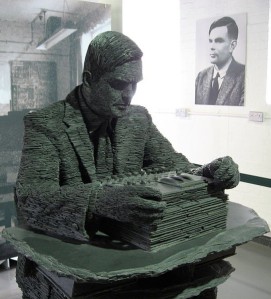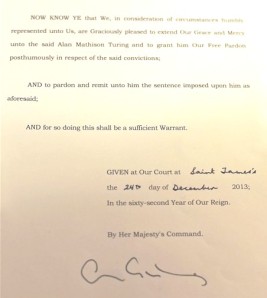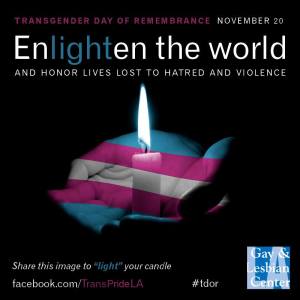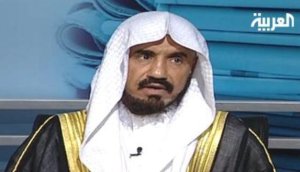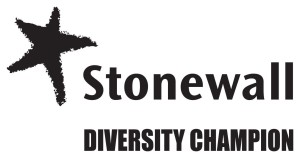 After 11 years in the post, Ben Summerskill has stepped down from Stonewall, the UK LGB lobbying and rights group. I say LGB rather than LGBT as over the years it has been infamous in promoting the understanding of gay or LGB rights, as opposed to the whole gamut of LGBT+, not that many bisexual friends felt represented either. There is no doubt that it has done tremendous work, although it was criticised for being slow to support equal marriage.
After 11 years in the post, Ben Summerskill has stepped down from Stonewall, the UK LGB lobbying and rights group. I say LGB rather than LGBT as over the years it has been infamous in promoting the understanding of gay or LGB rights, as opposed to the whole gamut of LGBT+, not that many bisexual friends felt represented either. There is no doubt that it has done tremendous work, although it was criticised for being slow to support equal marriage.
Ben Summerskill to step down as Chief Executive: http://t.co/wl2MLGfhzg
— Stonewall (@stonewalluk) January 23, 2014
Ruth Hunt takes over as Active Chief Executive and has promised to speak to trans voices, but also reiterated that Stonewall had “always spoken to trans groups – I have hosted round tables at Stonewall with trans groups, and there are a lot of conversations to be had with a lot of people who have strong opinions”, in an interview with Pink News. She went on to say that, “The more conversations we have the better, but I wouldn’t predict the outcome of any of those discussions.” – So no change there then.
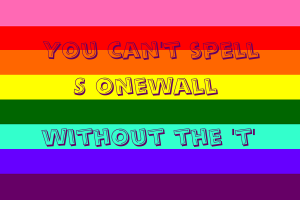
Just as there now 2 fewer stripes in the rainbow flag, so too are 2 groups, T&I, excluded from Stonewall’s diversity championing
Transgender activist groups have long been debating whether to give up on Stonewall and go it alone. Many have used the slogan “don’t forget the T in S onewall”. From one such group‘s About section: “Stonewall UK excludes T from the equality index and other leadership training for UK employers.This is a discussion group to help them understand that they need to be fully LGBT inclusive”.
Of course trans groups and activists are difficult to work with, we are angry and we are diverse – I mean we can’t even agree among ourselves! But that’s diversity for you.
Being a member of the trans community and fighting for understanding and representation of trans, intersex and queer, identities and issues, at various tables, committees and forums, I find that Stonewall has lived up to its name, but not its founders. The original Stonewall Inn riots of 1969 saw a subsequently selective history transmitted. One in which the many African-American transvestites and transwomen were ignored from the original explosion in LGB activism, both for their colour and their gender identity. Stonewall became an edited history of white gay male privilege.
Michael Cashman, MEP and former Eastender’s actor – famous for the first gay kiss on British television, is very supportive of trans rights and spoke at a TGEU conference in Berlin that I attended in 2008. Cashman was also one of the founders of Stonewall UK in 1989. Cashman criticised Stonewall in 2010 for its slow and grudging response to equal marriage.
It should be pointed out that Stonewall Scotland is trans inclusive and campaigns for and with transgender groups, from its website: “Stonewall Scotland works for equality and justice for transgender people, as well as lesbian, gay and bisexual people.”
In England and Wales, at least, it seems it would be better to walk our own path and clamour “foul” loudly when Stonewall speak on LGBT or gets LGBT equality funding but only serves LGB ends. I have been fighting for 2 years to get the local police to stop lumping homophobic and transphobic hate crimes into the same statistic when all the other protected diversity characteristics get their own independent stats. I’ve also experienced opposition from LGB activists for trying to get intersex inclusion added to our campaigning and representation, not from the public sector – they were only too happy to follow the European Community’s lead in becoming LGBTI supportive. All this seems reminiscent of LGBT rights history. Anyone who has watched “Milk”, the film about the assassinated first gay in political public office in the US, Harvey Milk, will know what I am talking about. It seems the gay rights movement was reluctant to have lesbian “assistance” and to become LG rights. Even more so were both unwilling to add “fence-sitters”, aka bisexuals, to their campaigns. Finally, they did not want the weird tail to wag the now established, respected and assimilated dog, and let transsexuals be part of their political voice. I’ve been told that to add intersex representation would “confuse issues”.
In 2008 and again in 2010 Stonewall nominated transphobic journalists for journalist of the year awards for promoting equality! One of those same journalists was cited in a 2007 report by Stonewall Scotland for transphobia.
Stonewall has made educational videos raising gay awareness and confidence to come out, and targeting homophobia – but getting it wrong on transgender. One video had a mother hearing her son’s coming out and proclaiming “at least you are not trans”, another gets transgender differences, mixed up, and again, certainly, seen as worse than being gay. There is palpable relief when someone is told “there’s as many ways to be a girl as there are girls”, helping a tomboy realise she need not be trans. The school’s training video also inappropriately explains and uses the word “tranny” for transgender.
In 2012 Paddy Power ran a transphobic advertising campaign including a “spot the tranny” competition on Ladies Day, subsequently banned by the Advertising Standards Authority. This year, Stonewall teamed up with Paddy Power to supply rainbow laces to football teams (largely unsuccessfully) to combat homophobia in the sport. Redemption is all well and good, but when Stonewall’s media manager appeared to endorse the use of transphobic stunts as furthering the issues of homophobia, all was well and good? Apparently, the piece in the Guardian was edited after Stonewall submitted it, but it represents yet another own goal in their dealings with the trans community.
Perhaps, then it is time to realise that LGB and T/I need to go it alone – politically, at least, to reinforce the idea that sexuality and sex/gender are two different things. Although I personally believe there are huge areas of overlap, in identity, sexuality, hormones and gender.
@BenSummerskill steps down after 11yrs @stonewalluk @ruth_hunt takes over, will LGB-T debate resume, will Stonewall b clr on #trans issues?
— Katy-Jon Went (@katyjon) January 24, 2014
